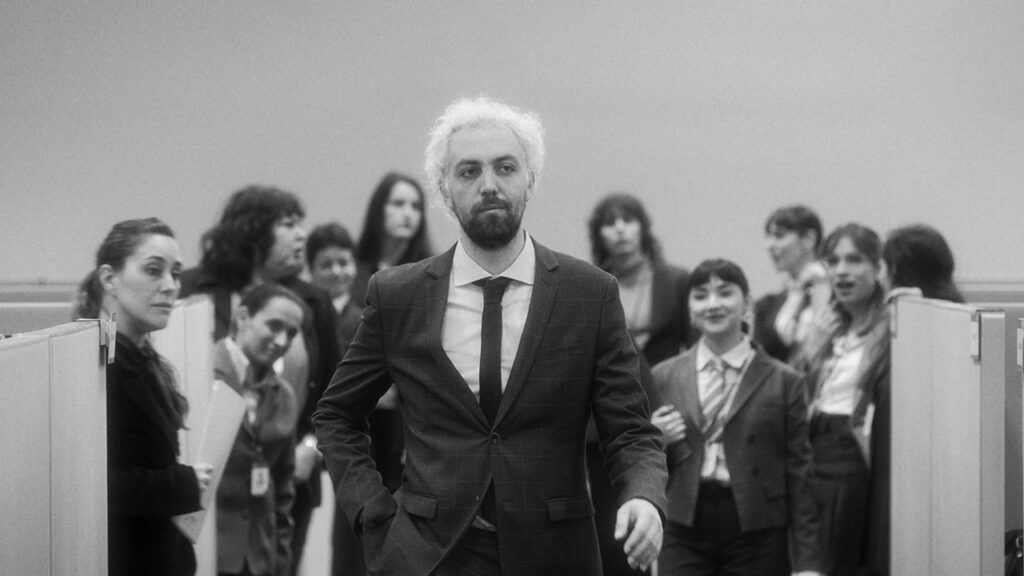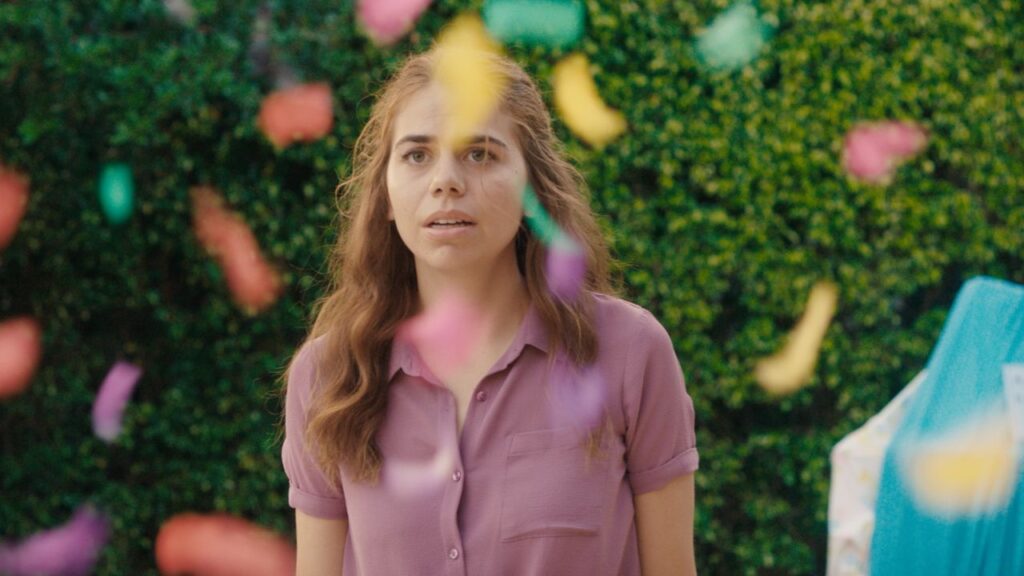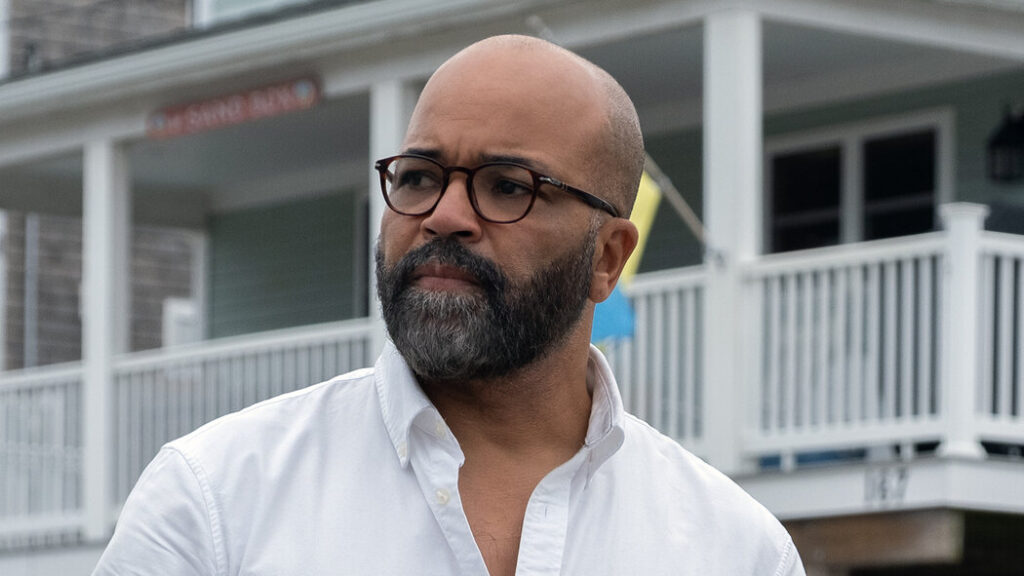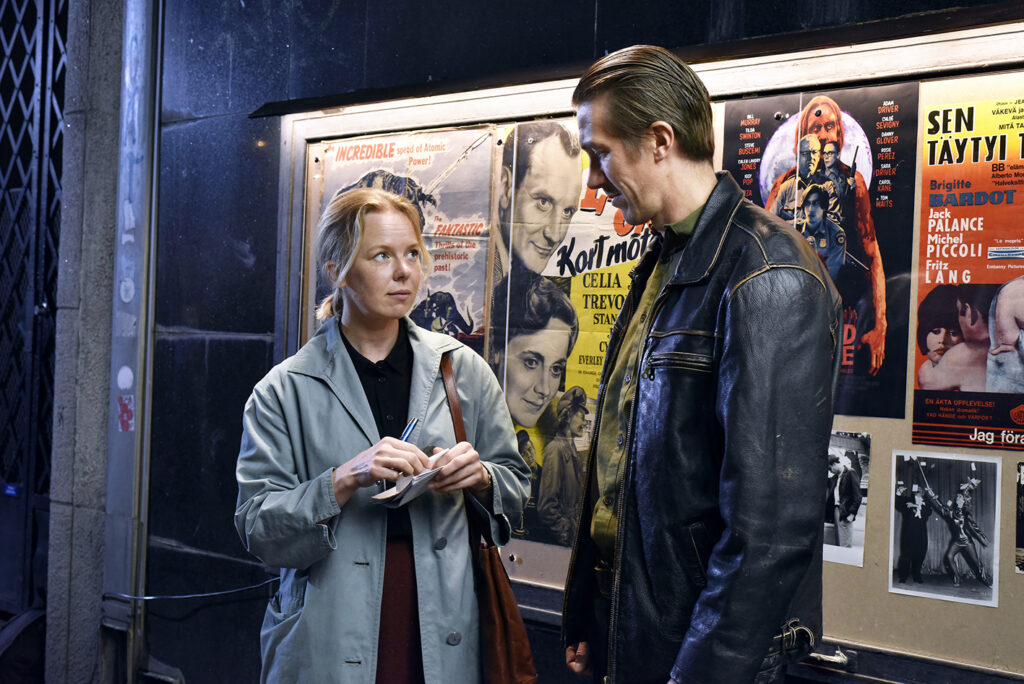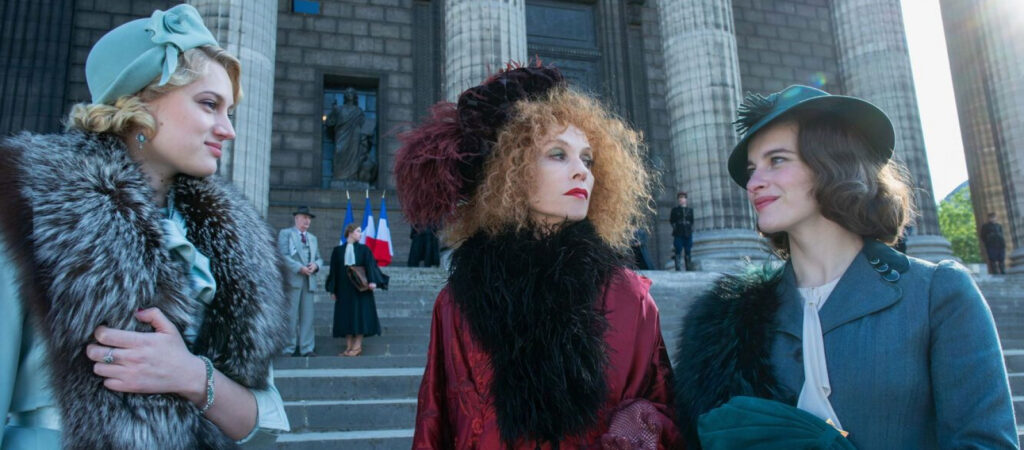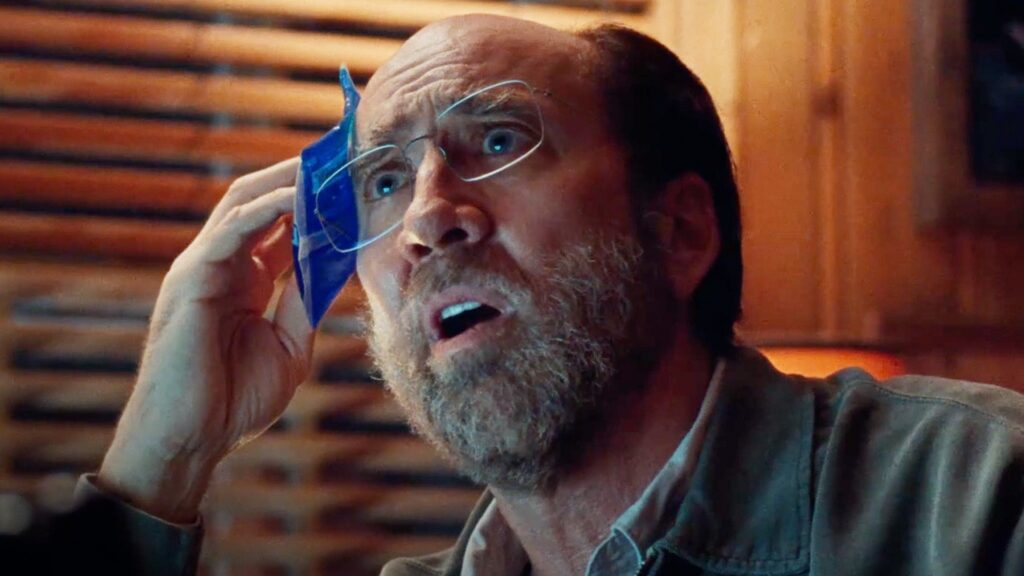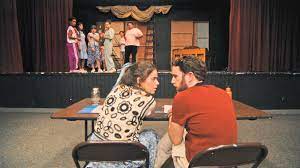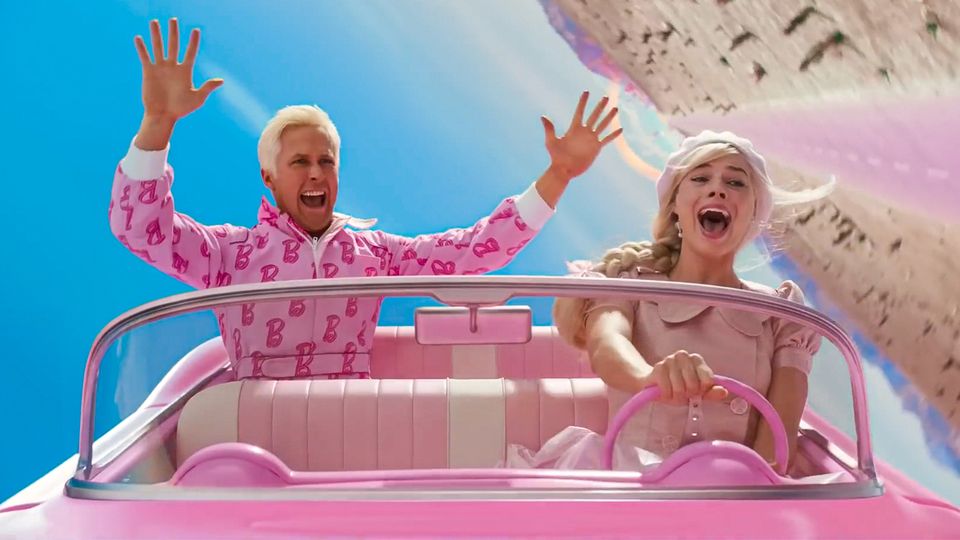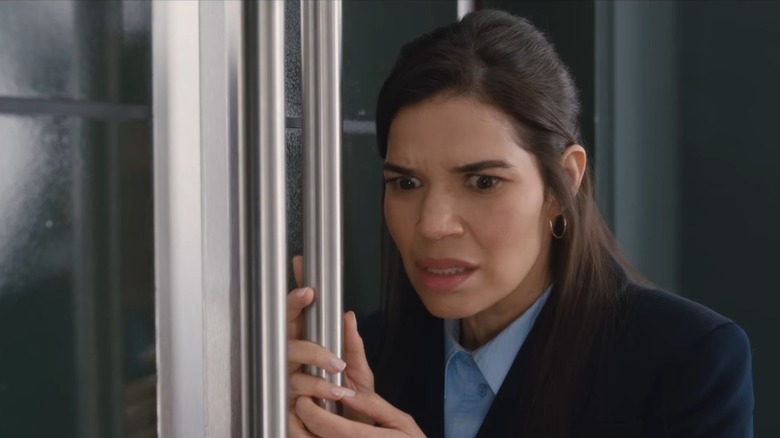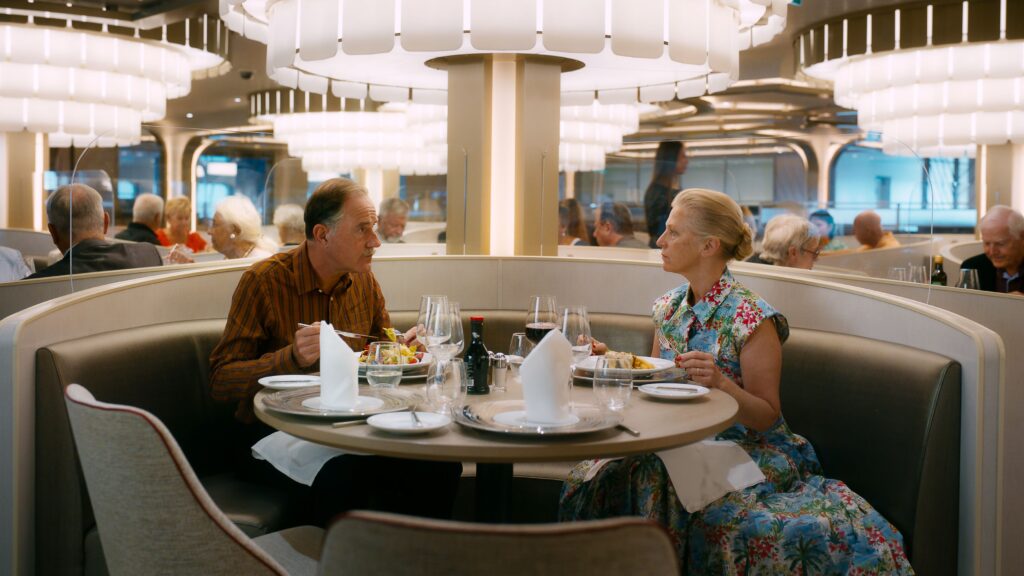
The Swiss dramedy Golden Years begins as Peter (Stefan Kurt) turns 65 and retires. His wife Alice (Esther Gemsch) has been eagerly awaiting this day, which she sees as an opportunity for travel and to rekindle intimacy with Peter. In contrast, Peter doesn’t seem to have been thinking about it at all, but he begins to be consumed with his physical health and suddenly transforms himself into a mountain biking, vegan workout king. Alice wants to downsize, but he wants to stay in their house. Travel doesn’t interest Peter, but he feels trapped into joining Alice on a Mediterranean cruise that their adult children have gifted them.
Esther’s best friend unexpectedly dies, and Peter impulsively invites her heartbroken husband to join them on the cruise, which appalls Esther, who wants Peter to herself on the cruise. Esther has read her late friend’s hidden cache of letters and has stumbled on an explosive secret. Esther’s annoyance from Peter’s inattention simmers until it boils over into she staggers Peter by embarking on her own adventure.
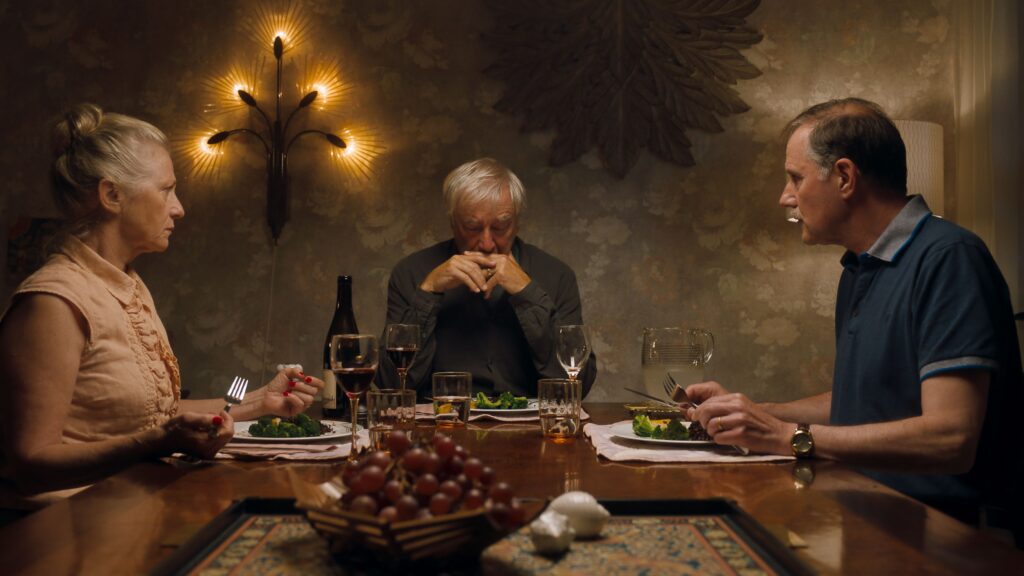
At this point, Golden Years departs from a comedy of manners into an exploration of dual self-discoveries. Indeed, there are Men-are-from-Mars moments when Peter is a clueless dunderhead about Esther’s expectations. But Peter’s needs have evolved, too, and Esther has also mistakenly assumed that he will want to do want she wants to do.
We all know couples who drift totally apart after decades of marriage, and there must be some couples who age with identical interests. Many couple have different, but complementary aspirations, or can build a new life together around some core commonality. The question that Alice and Peter face is, where are they on this continuum?
Will Alice and Peter compromise? Will they be able to accommodate each others’ needs? Will they live separate lives? Is there a Win Win?
Screenwriter Petra Volpe (The Divine Order) probes these questions in a consistently funny and engaging movie with a minimum of senior citizen tropes or cheap geezer cheap jokes. (It is very funny, though, when Peter’s Gen X co-worker brightly tells him that his old office will become a server room.)
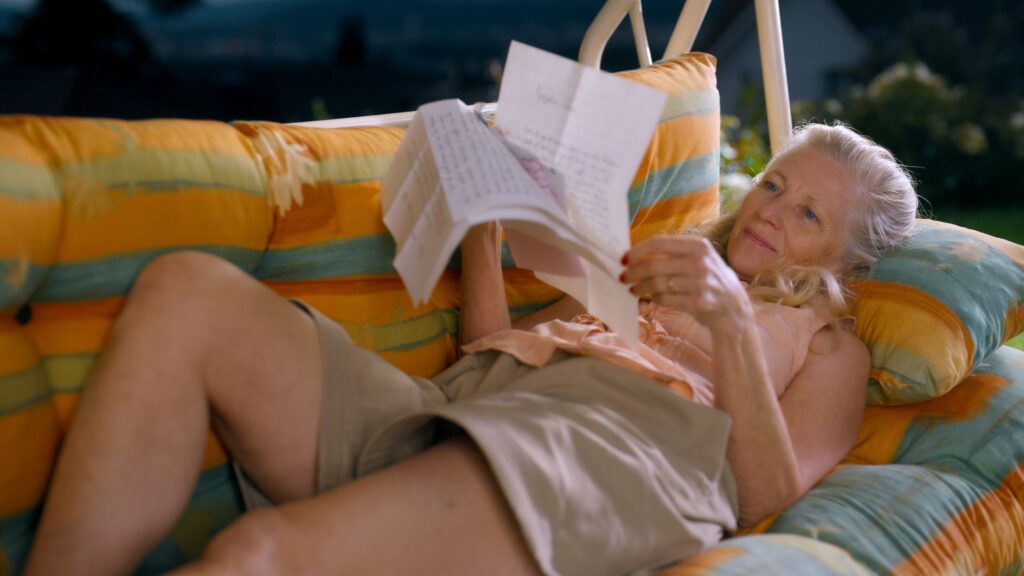
Director Barbara Kulcsar keeps the story sprightly paced and maintains just the right balance between comedy and the more serious issues. Alice is the primary focus of the story, and the performance of actress Esther Gemsch is especially strong.
Golden Years can now be streamed from Amazon, Vudu and YouTube.

